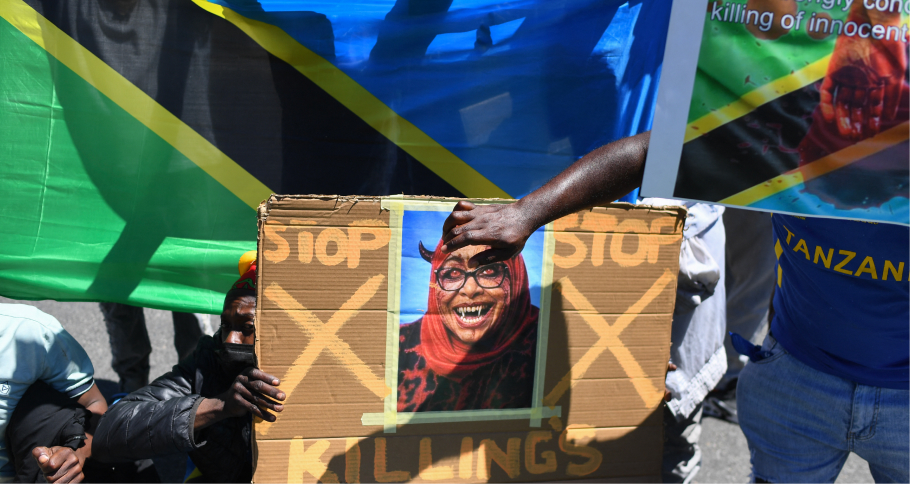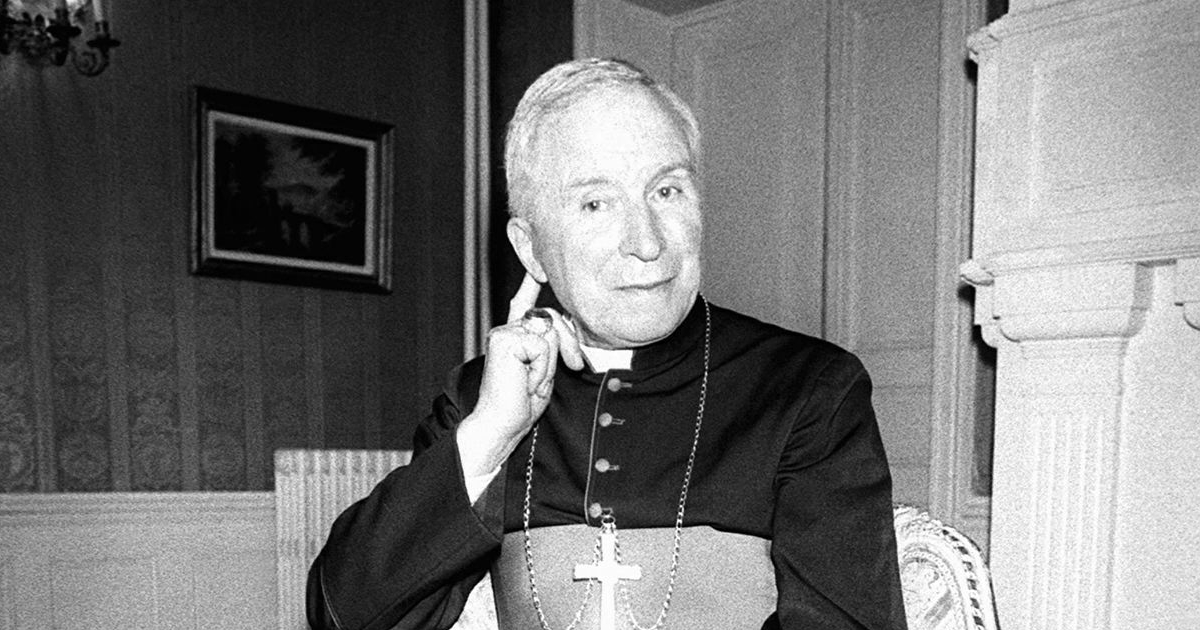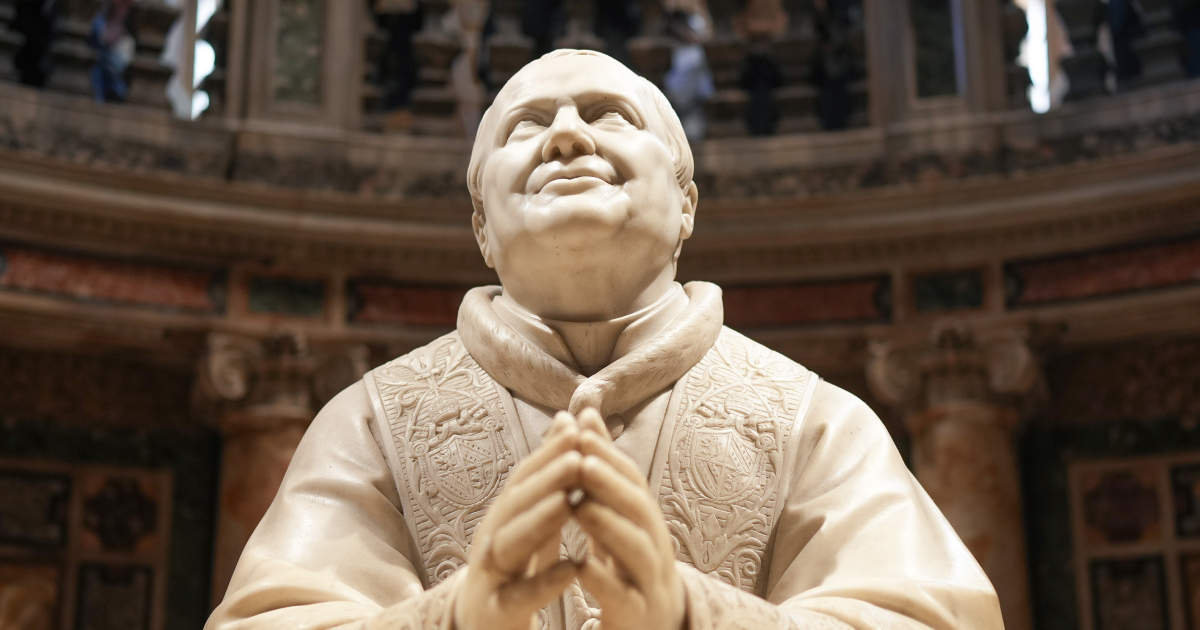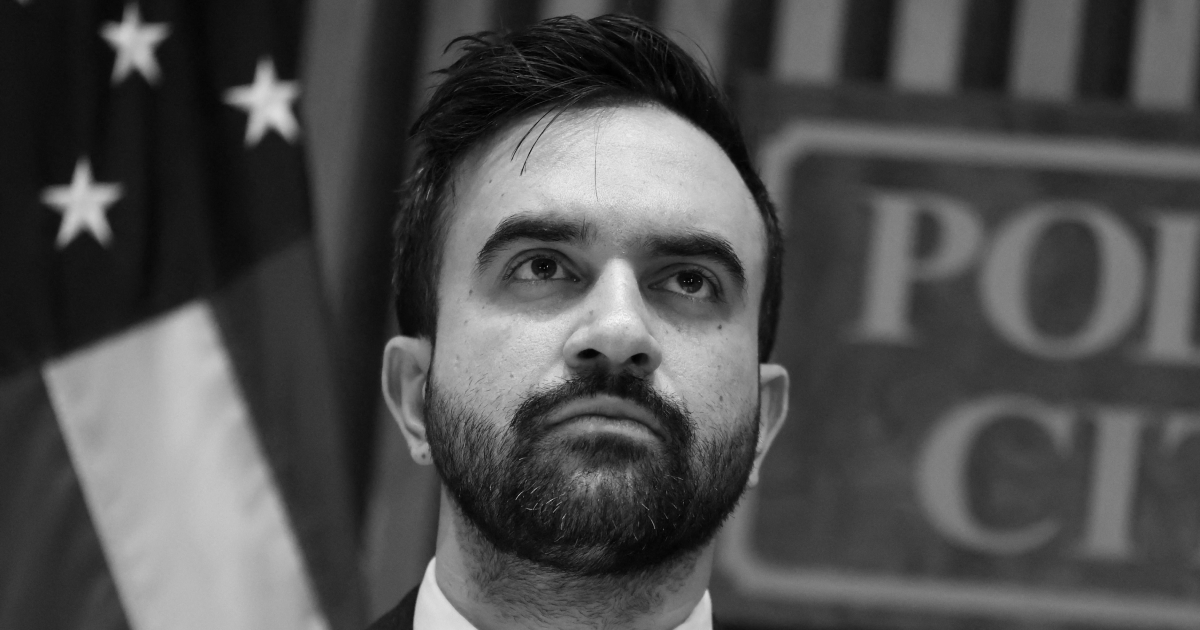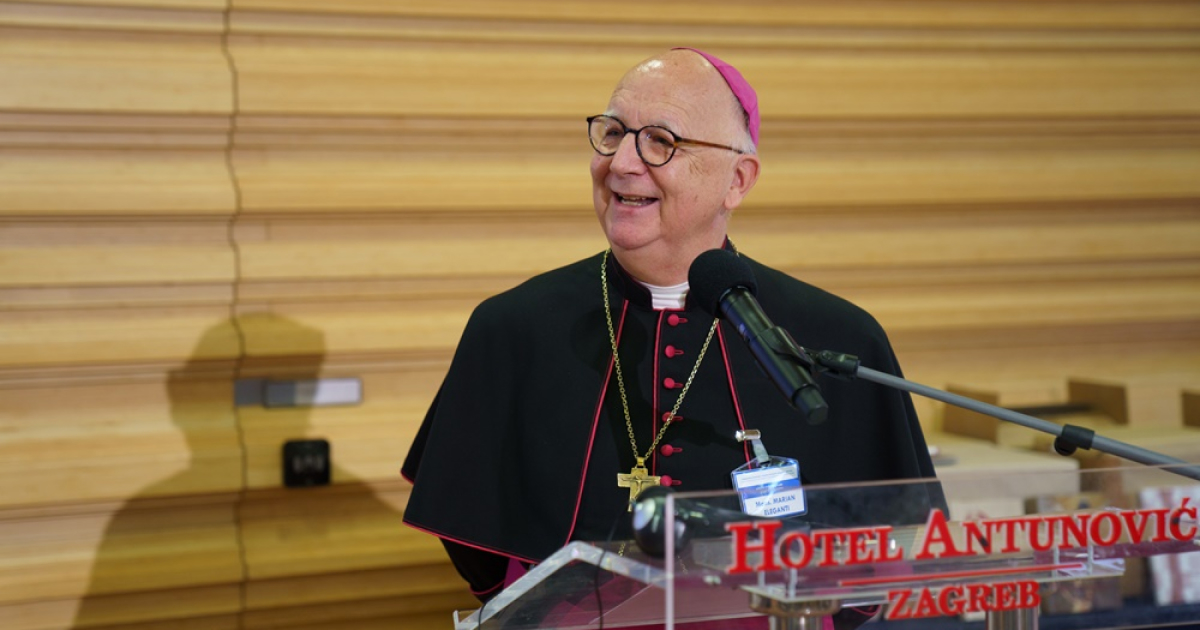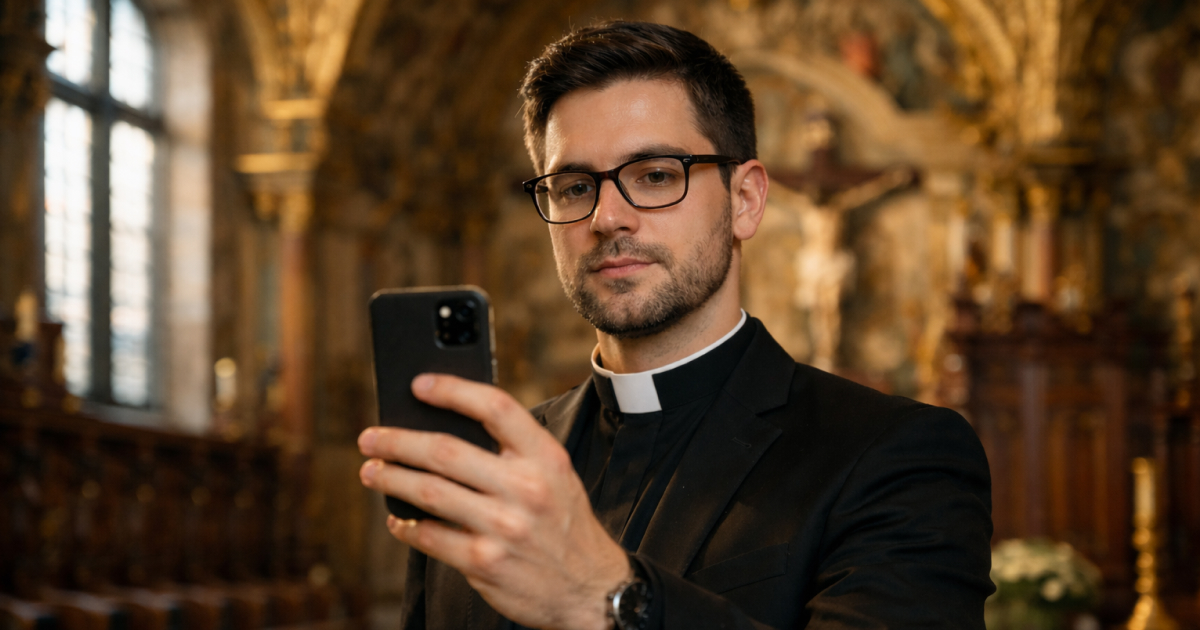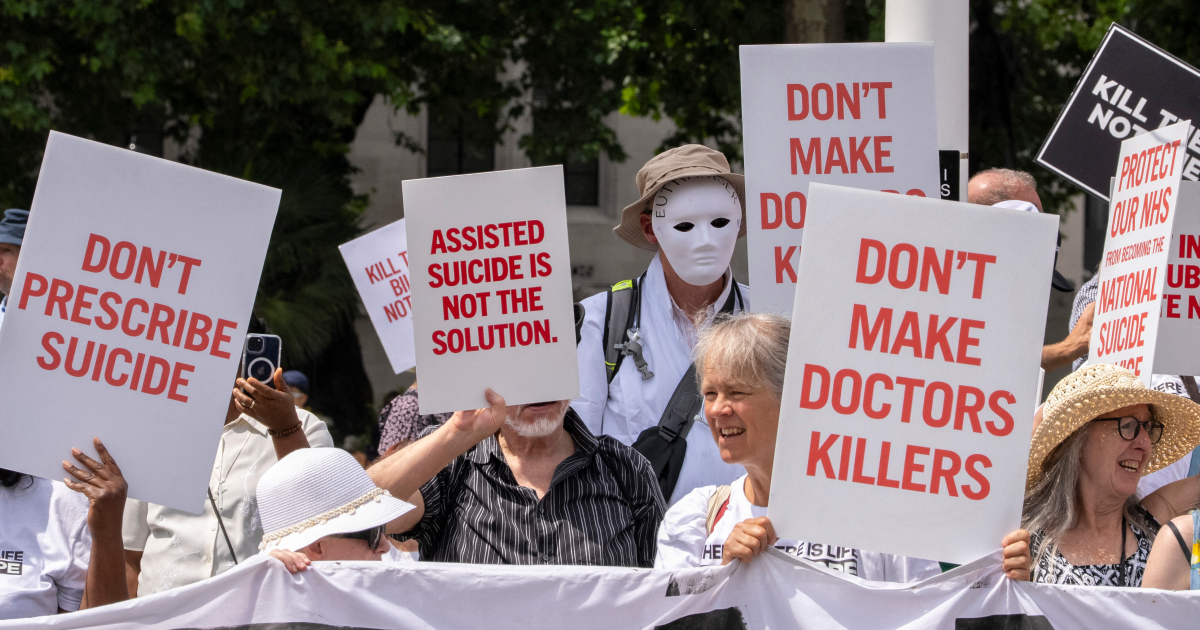The Catholic Church in Tanzania has condemned a wave of abductions and killings amid a political crisis following disputed general elections.
Father Charles Kitima, secretary general of the Tanzania Episcopal Conference, said the bishops had denounced “the systematic violation of fundamental human rights” through the “kidnapping and killing of politicians and those who opposed the government.”
In an interview with L’Osservatore Romano, Father Kitima said the bishops had “called for national prayers and condemned the disappearances, kidnappings, and the abduction of politicians and other opposition party representatives.” He added, “The episcopal conference even wrote open letters condemning these acts and telling the government that it must sit at the negotiating table and engage in dialogue with the opposition political parties.”
The protests that have swept across Tanzania began over irregularities in the recent elections but soon escalated into a broader confrontation between citizens and the authorities. Father Kitima said, “The street protests … aimed to highlight … the systematic violation of fundamental human rights through the kidnapping and killing of politicians and those who opposed the government.” He admitted that “some protesters indulged in abuse, destruction and looting,” but said that police “responded by firing live ammunition into the crowd, injuring and killing people.”
The scale of the violence remains unclear. Independent observers initially estimated several dozen fatalities, but Church sources now believe the number to be far higher. “The protests in Tanzania have killed many,” said Father Kitima. “The Church is committed to dialogue. Yes, there are hundreds of deaths. It’s truly inhumane.” The authorities have meanwhile restricted communications, warning citizens not to share images that could “cause alarm and offend human life.” Opposition figures claim that the bodies of victims are being hidden to conceal the true extent of the killings.
President Samia Suluhu Hassan, sworn in for a second term amid tight security in Dar es Salaam, has called for national dialogue. But Father Kitima remains cautious. “We are still waiting for dialogue,” he said. “We ask the government to truly listen to the people, while we tell our people that justice requires discussing the truth: there are problems that must be resolved, and those who caused them must take responsibility. The Church is seeking a way to heal.”
The bishops are expected to meet next week to consider their next steps. Tanzania, a nation of about 67.5 million people, is 56 per cent Christian, 22 per cent Catholic, 33 per cent Muslim and 10 per cent followers of traditional religions. The Church, which has long played a mediating role in African political crises, is again stepping forward to defend life, justice and peace in a country now facing one of the gravest moments in its post-independence history.
Photo: Protesters hold a placard with a picture of the augmented face of Tanzanian President Samia Suluhu Hassan, during a picket where about 50 Tanzanians living in Cape Town protested against the recent actions by the Tanzanian government during their presidential election, outside the South African Parliament in Cape Town on November 5, 2025. Tanzanian President Samia Suluhu Hassan won the October 29, 2025 poll with 98 percent of the vote, according to the electoral commission, but the opposition has branded the election a "sham".A total internet blackout and transport shutdown, in place since protests broke out on election day, have been partially eased, but verifying information out of the east African country remains difficult. (Photo by RODGER BOSCH / AFP) (Photo by RODGER BOSCH/AFP via Getty Images)





